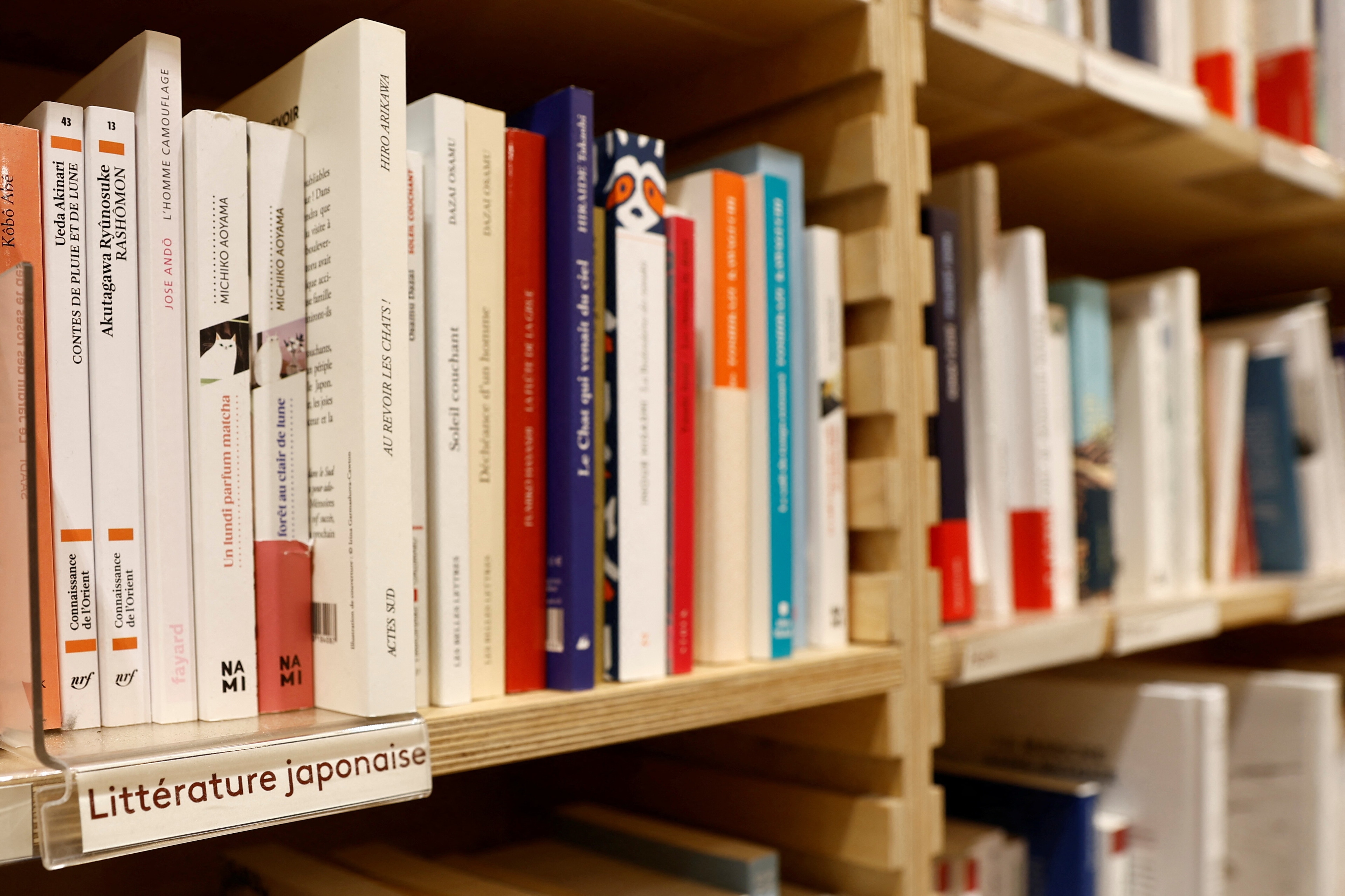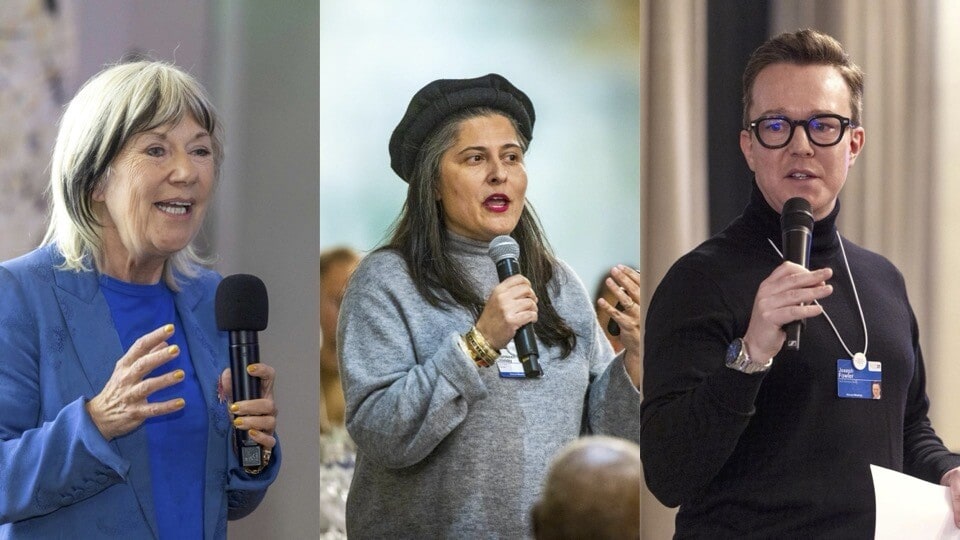This man travelled to Syria to rescue his 7 orphaned grandchildren

The first family picture Image: Patricio Galvez
- Photojournalist Rena Effendi is a fellow at the World Economic Forum's New Narratives Lab.
- She captured the story of Patricio Galvez, who rescued his seven grandchildren from a refugee camp in Syria.
- 28,000 children are still in Syrian refugee camps.
Photojournalist Rena Effendi dedicated her session at Davos 2020 to telling the personal story of one man.
It’s a desperate, emotional story of a 50-year old man who fought to rescue seven grandchildren he had never met.
There is a reason why Rena Effendi wanted to share his story. As we rely more on the Fourth Industrial Revolution, she explained, we lose empathy.
"Faces disappear behind data – it is my job to bring those faces back," she said.
Effendi is a fellow at the World Economic Forum's New Narratives Lab initiative, which aims to foster a diverse generation of cultural leaders.
This is the story of Patricio Galvez, as shared by Effendi.

This is the last text Galvez received with news of his daughter, Amanda, who had travelled to Syria with her husband to fight alongside ISIS.
It shows the unmarked grave in Syria where they buried her.

Her seven children survived the airstrike and were taken to a refugee camp where nothing flourished except desperation, disease and malnutrition.
Living in Sweden, Galvez pleaded with the government there to help him bring the children to safety. He pleaded with the Chilean authorities – his country of birth – to help. The response was slow and reluctant.
He packed a suitcase full of clothes for the children, withdrew all his savings and travelled to Syria without a visa, still mourning the loss of his own daughter.
Finding his grandchildren was exhausting and distressing.
The youngest, Muhammed, had been taken to a hospital with malnutrition and a lung infection.

He was eventually identified by his blonde hair. When Galvez first held his grandson, the one-year-old was so malnourished he couldn’t support his own head.

He found the other children in a refugee camp and took them food. He feared for their lives in the camps.
Complex negotiations with the authorities continued. He waited for weeks in an empty hotel room. Until one day, abruptly, they arrived.
The strain of caring for seven young children – who were both scared and scarred – was immense.

On the day they finally got permission to fly to Europe, he forgot to pack nappies for the journey.
But the children – and Galvez – could sense their journey was nearing its end.

Patricio Galvez is the first man in Europe who managed to repatriate family members who joined ISIS. Public opinion was not on his side. Most people did not want to see children of jihadist fighters brought home.
Rena Effendi says 28,000 children are still in camps in Syria where there are murders, riots and the self-rule of ISIS, as well as the constants of cold and hunger.
Most are from Iraq or Syria, but 8,000 are citizens of 60 different nations.

"Their emotional wounds are festering rather than healing," she said. "The world has decided to brand them as children of ISIS – a stigma like no other. They have committed no crime."
"One day these vulnerable women and children will join the next call for war – fuelled by the blatant human injustices committed against them," Effendi warned.
Don't miss any update on this topic
Create a free account and access your personalized content collection with our latest publications and analyses.
License and Republishing
World Economic Forum articles may be republished in accordance with the Creative Commons Attribution-NonCommercial-NoDerivatives 4.0 International Public License, and in accordance with our Terms of Use.
The views expressed in this article are those of the author alone and not the World Economic Forum.
Stay up to date:
SDG 16: Peace, Justice and Strong Institutions
Related topics:
Forum Stories newsletter
Bringing you weekly curated insights and analysis on the global issues that matter.
More on Arts and CultureSee all
Elena Raevskikh and Giovanna Di Mauro
October 22, 2025






